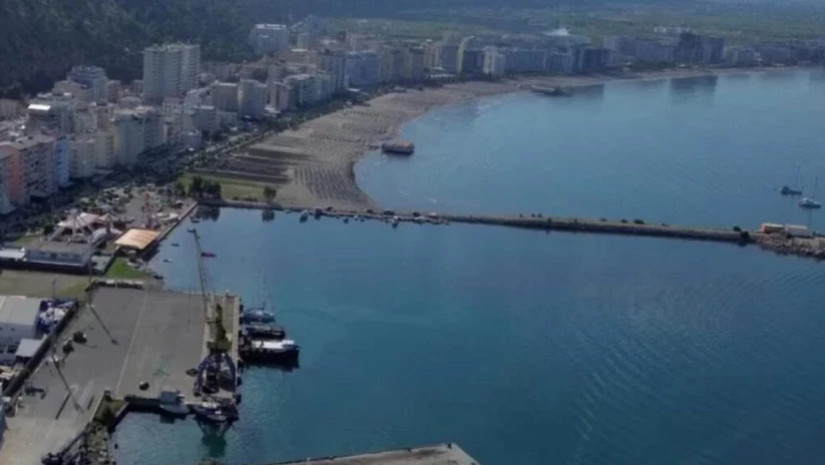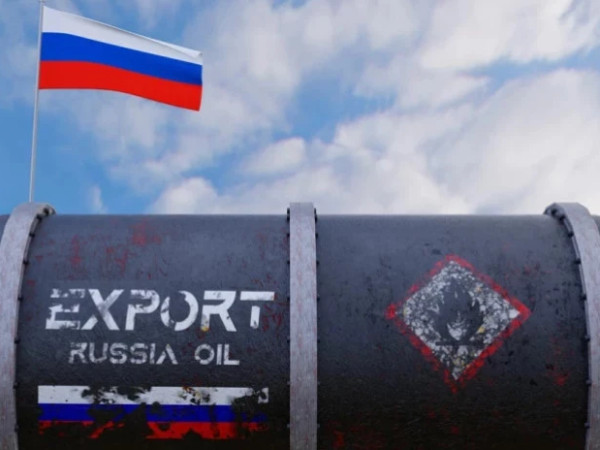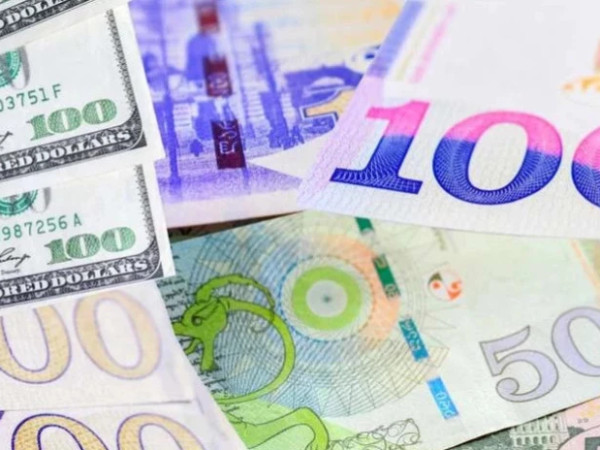Italy, Albania and the United Arab Emirates signed a three-way clean energy cooperation deal Wednesday that calls for the Gulf country’s expertise to be put to use in Albania to produce solar, wind and other renewable energy, some of which would then be transferred to Italy via an underwater cable.
Italian Premier Giorgia Meloni travelled to Abu Dhabi to announce the deal, which further cements Italy’s partnership with Albania beyond the migration deal that saw Italy build two migrant detention centres in the Balkan country to process the asylum requests of some migrants.
Albanian Premier Edi Rama valued the energy deal at around 1 billion euros.
Meloni said the three-way arrangement would help Italy meet its long-term electricity needs while honouring its sustainable energy commitments made at UN climate conferences.
She praised it as a pragmatic way to transition away from fossil fuels at a time when energy needs are soaring due to the demand for AI-generated technologies.
"The future of energy transition and digitization will thus depend on our ability to strike a balance between sustainability and innovation," she said, adding that nuclear fusion could be another way to produce clean and safe energy.
She also acknowledged the unusual nature of the three-way deal, noting the "seemingly distant partners, at least geographically speaking".
The UAE, a major oil-producing nation, has pledged to be carbon-neutral by 2050 and hosted the COP28 climate summit last year.
Sultan al-Jaber, the UAE’s minister of industry and technology, said the deal would help meet the goal of tripling renewable energy.
Al-Jaber, the chairman of Masdar and CEO of the Abu Dhabi National Oil Co., a state-owned firm producing millions of barrels of crude oil daily, was president of the COP summit.
It for the first time mentioned fossil fuels — coal, oil and natural gas — as the cause of climate change and said the world needs to be "transitioning away" from them.
The announcement comes after the UAE previously launched the Arab world's first nuclear power plant.
Abu Dhabi's Barakah Nuclear Energy Plant will produce 40 terawatt-hours of electricity annually after its fourth and final reactor has entered commercial operation, the state-owned Emirates Nuclear Energy Corporation (ENEC) said.
It will generate 25 percent of the electricity needs of the hot, desert Gulf state, where air-conditioning is ubiquitous -- nearly the equivalent of New Zealand's annual consumption, ENEC said.


















